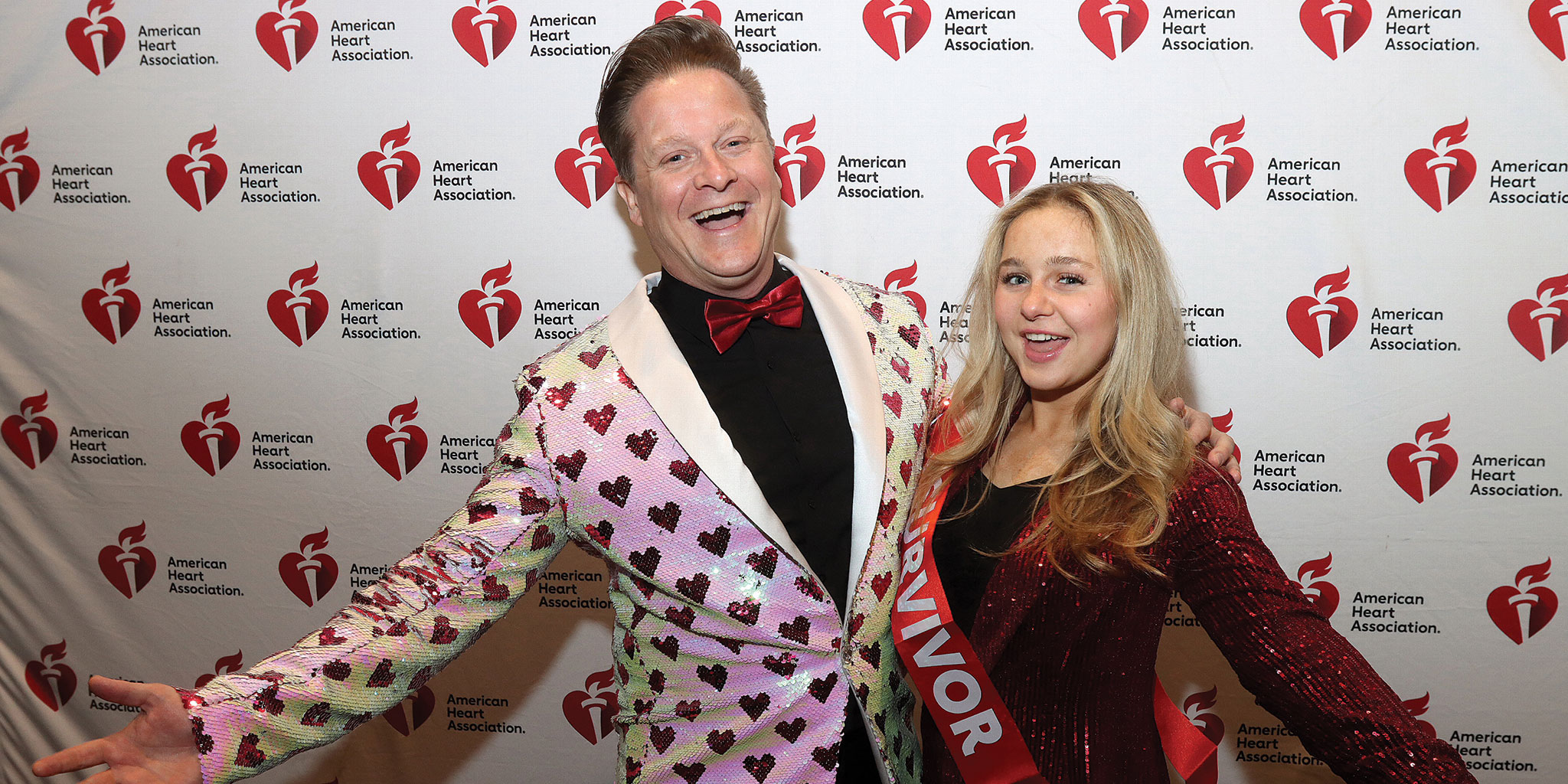Are you having a mid-life crisis?
“The great thing about getting older is that you don’t have to lose all the other ages you’ve been.” Madeline L’Engle
For some people, the term “mid-life crisis” conjures up images of a man with a receding hairline buying a red convertible or a middle-aged woman spending her weekends at a dance club. In reality, most mid-life crises are not that cliché and each one takes on a life of its own.
Many people who experience a crisis in their 40’s or 50’s will describe the experience as both grueling and transformative. Some people make significant life changes, leaving behind the life (and sometimes people) they have known for decades. Still, others report feeling depressed and lost while their spouse is left confused and frustrated.
Below are answers to what it means to have a mid-life crisis, which people are more prone to experiencing one and how this “crisis” can be turned into something immensely positive.
What is a mid-life crisis?
Jake came to therapy at the urging of his wife, Julia. She had noticed some changes in Jake that concerned her and hoped that a therapist could help him figure out what was wrong. He seemed depressed and pre-occupied and didn’t seem to enjoy life. Jake admitted in his initial therapy session that he was deeply unhappy and was considering “starting a completely new life”. For the past six months, he had been looking online at apartments and job opportunities in California and had been meeting new “internet friends” on the West Coast via Facebook. His family had no idea. He reported that his children were now in their teens and were never home and his wife was busy with a new job she loved. He added that he no longer had any real connection to his job as an IT consultant. Starting a new life seemed like the only way he could realize his dreams before it was “too late”.
Wikipedia defines a mid-life crisis as “a period of dramatic self-doubt that is felt by some individuals in the middle years as a result of sensing the passing of their own youth and the imminence of their old age”. During this time, people assess their achievements and whether or not they have met the goals they established in their twenties. Reflecting on life at this stage can cause some people to feel deep unhappiness. They feel their life is already more than half over and they are not realizing their dreams.
How do I know if I am having one?
Some people are more susceptible to a mid-life crisis. As mentioned, not realizing the goals and dreams of your youth can make you more susceptible, but so can external factors such as having marital difficulties, seeing your children leave home, experiencing the death of a parent or working in a hated job, but not knowing how to earn an equivalent living. Here are some questions that may help you evaluate whether you are in a mid-life crisis:
- Do you feel a deep sense of remorse for goals that you have not accomplished?
- Do you compare yourself negatively to colleagues you feel are more successful?
- Do you feel a strong desire to recapture your youth?
- Have you been focused on changing your appearance such as wearing more youthful clothes and have you considered plastic surgery?
- Have you noticed an increase in your alcohol consumption or have you been dreaming about or acquiring expensive items such as boats, cars or jewelry?
- Have you found yourself entering into relationships with younger people – romantic or otherwise?
- Are you placing an over-importance on your children to excel in sports, arts or academics, possibly feeling your own worth through their achievements?
If you answered yes to several of these through questions, it’s possible you are trying to fill a deeper void through external or unhealthy measures.
Is a mid-life crisis sometimes a good thing?
Reflection and re-assessment is not a bad thing if used in a positive way. Taking a closer look at yourself and your life can be enormously beneficial and can make you feel more connected to the deeper part of who you are. Sometimes a mid-life crisis is actually an attempt to re-start life to better fit a person’s truest self.
I know a highly respected teacher who was an intensive care nurse for 20 years. Yet, in her heart she had always wanted to be an elementary school teacher. After a year of soul-searching she decided to return to school to pursue teaching. She loves her second career and doesn’t see it as “work” as she is thankful every day to be in the classroom.
Just as in your career, it’s equally important to do some soul-searching in your relationships. Although we don’t want to encourage the divorce rate to get any higher, sometimes people are not the best fit for one another. Sometimes relationships are deeply unhealthy and it’s necessary to re-examine your life to determine if spending the second half with this person is really what is best for both of you. In doing this, some couples re-discover their love for each other while others decide to part ways (hopefully amicably).
Final Thoughts
Renowned psychologist Erik Erickson held that in life’s seventh stage, which he called “middle adulthood”, people struggle to find new meaning and purpose in their lives. That is how we helped Jake understand what he was truly feeling and why running away to California might not be the answer to all his problems. We worked with Jake on shifting his life to better fit where his spirit was…where his heart was…where he imagined himself being at this stage. He loved his family, but unfortunately, with the hectic pace of life, they had disconnected from each other. His family, kids included, joined the therapy process to learn ways to re-connect and support one another. Jake worked with a skilled career counselor who helped him find a job that was a better fit for who he is at 45 years old vs. 25 years old. And, lastly, we also helped him see that his truest friends could not be found inside the computer, but were in his real life waiting to spend face-to-face time with him. Thankfully, Jake turned his mid-life crisis into an overdue life-makeover and found contentment again.
Diane Lykes is a Principal of Synergy Counseling Associates in Albany where she specializes in individual and couples counseling, educational training and clinical consultation. She can be reached at 466.3100 or lykes-synergy@nycap.rr.com







